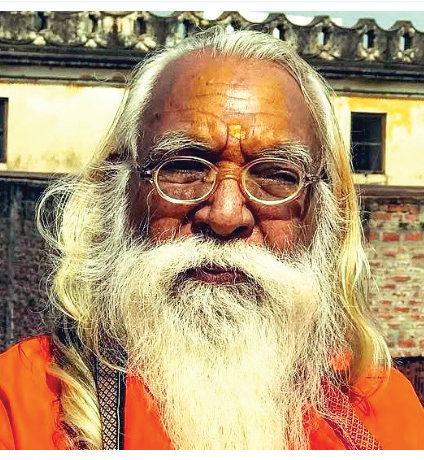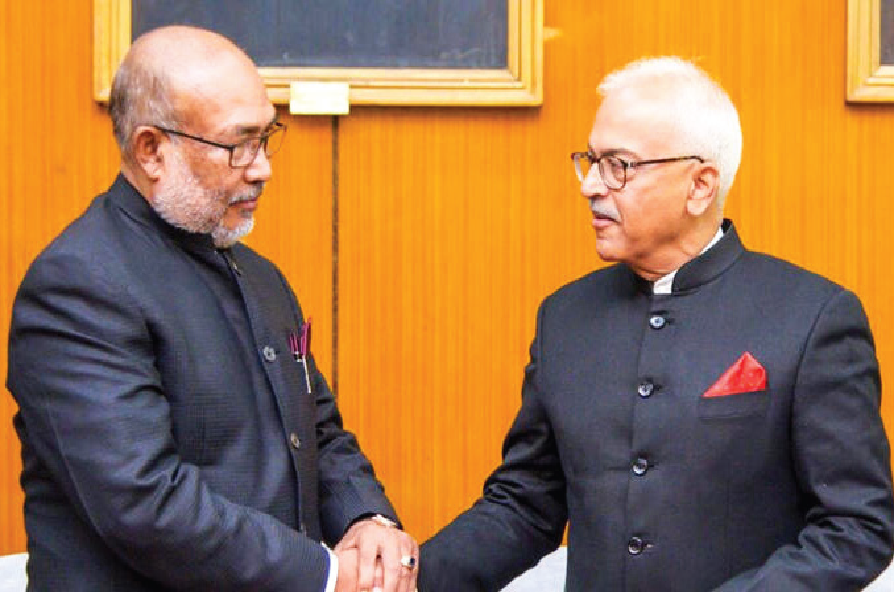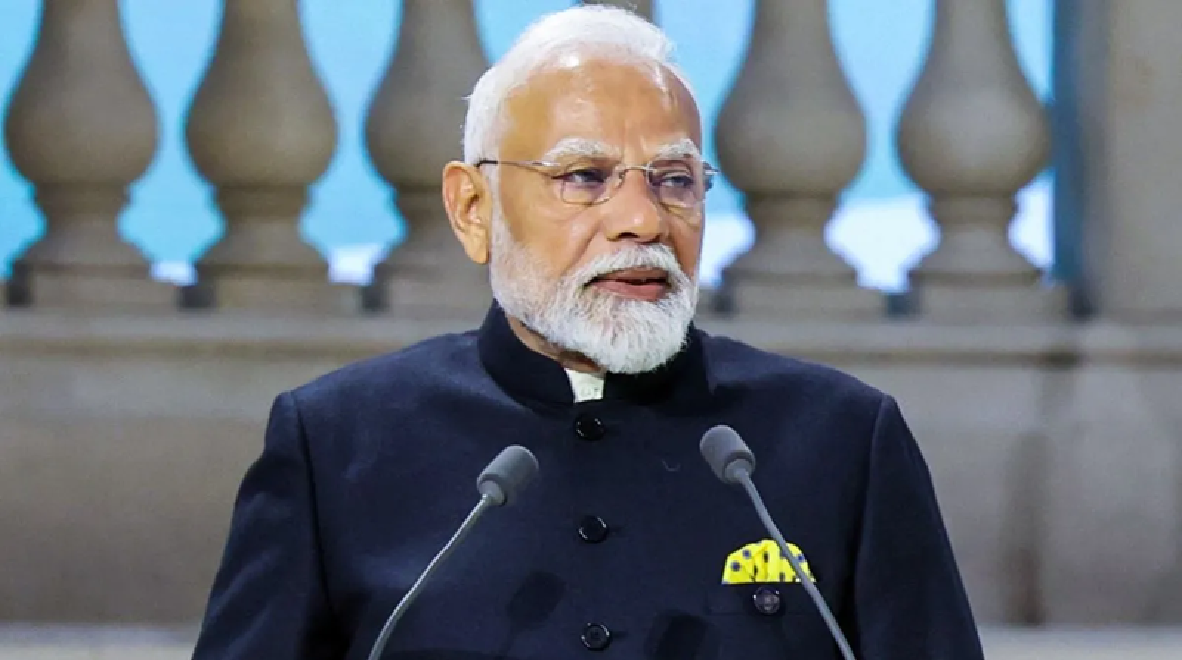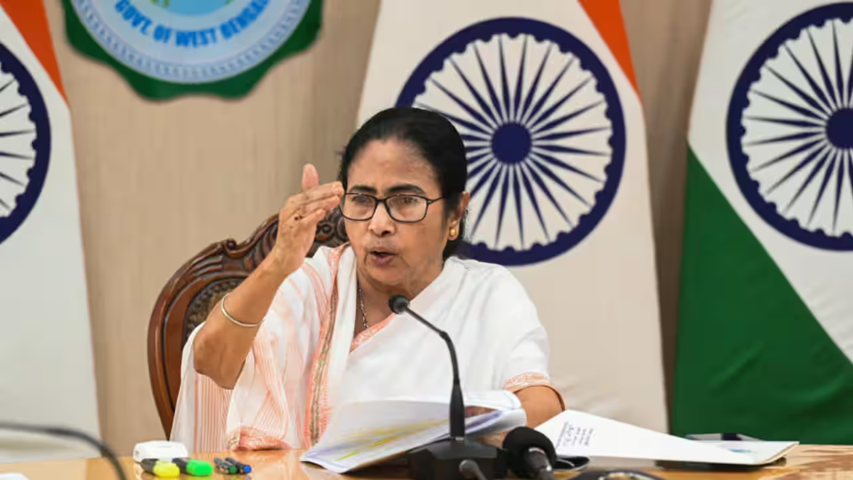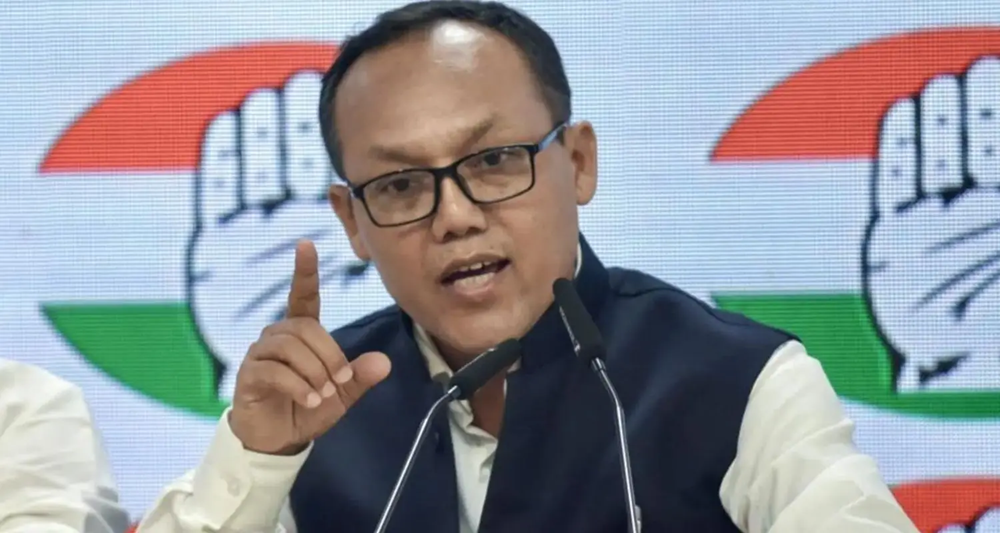
Hatemongers spew venom online unfettered as LS polls approach
Hameed Ashraf | NT
Bengaluru: Social media companies continue to draw regulatory heat on issues such as hate speech, harmful content and misinformation on their platforms.
This is despite governments having made it clear that the internet must be a safe place with all platforms accountable to their users.
On the eve of the upcoming Lok Sabha elections, the Information Technology (IT) Cells connected to different political parties have started running their campaigns on various platforms to grab eyeballs.
A party member and an admin of Whatsapp group, on the condition of anonymity, said: “Our aim is to capture the mind of the voter, to message them night and day. Whenever they look (at their mobile screens), they should see us and hear our message,” he said.
As per the rules, a social media site must remove any content flagged by authorities within stipulated time and set up a robust complaint redressal mechanism.
Further, they have to monitor abusive and derogatory comments on their sites.
False flags make mischief
In March, Cyber Economics and Narcotics police in Bagalkot district arrested a person who had created a social media account and was posting inflammatory content while posing as a Muslim man.
Later the cops said that a few miscreants had tried to stir communal disturbance by posting objectionable content on their social media accounts and also through fake accounts.
Retired Superintendent of Police (SP) SK Umesh told News Trail that the perpetrators aren’t aware of cybercrimes and related Indian Penal Code (IPC) sections.
However, when it comes to crimes committed on social media, it’s not possible to arrest the accused immediately, he added.
“Everyone has a smartphone and easy access to any website. However there is a lack of knowledge and awareness of the cyber laws among the people. The cyber laws themselves are not simplified making it difficult for the cybercrime police to get convictions. The procedures require experts and there is a shortage of skilled staff. Chargesheets which are being filed, won't stand in the court due to procedural lapse," Umesh said.
Political messaging often crass
It can be noted that IT cells of some political parties resort to communal messaging and even disinformation to further their political gain.
At other times, people associated with politicians post inflammatory comments online and insulate themselves from legal consequences, leading to violence.
On August 11, 2020, then Congress MLA from Pulakeshi Nagar Akhanda Srinivas Murthy’s nephew P Naveen published a Facebook post insulting the prophet of Islam.
Muslim protesters, including Social Democratic Party of India (SDPI) members turned up at DJ Halli police station, demand an FIR be registered against Naveen.
Protesters’ numbers swelled to hundreds in a few hours. They claim cops were reluctant to file a case because of the accused's political connections.
The angry mob resorted to arson, following which police responded with tear gas shells and lathi-charge killing four. Rioting also erupted near KG Halli police station and Murthy’s house set on fire as well.
Locals alleged that 200 to 800 Muslim youths were picked up, including innocents.
Convictions difficult to obtain: Experts
According to cyber-experts, Karnataka police are dependent on courts which do not accept digital documents.
The accused persons in the cyber related offence think that they will escape the law which emboldens them, experts said.
Observers said that over the years, spontaneous public opinion on social media has given way to curated discourses orchestrated by political parties, groups, individuals and corporate houses, often determining which narrative will get national attention.
For millions, social media has become the primary source of information, giving it unprecedented power to influence discourse on various topics.
“Social media discourse may not reflect the real public mood, but it does affect the minds of users. People fear they would be ostracized if they are not part of the popular or majoritarian narrative on an issue,” Sophie Zhang, an American data scientist, said.
 English daily published in Bengaluru & Doha
English daily published in Bengaluru & Doha


